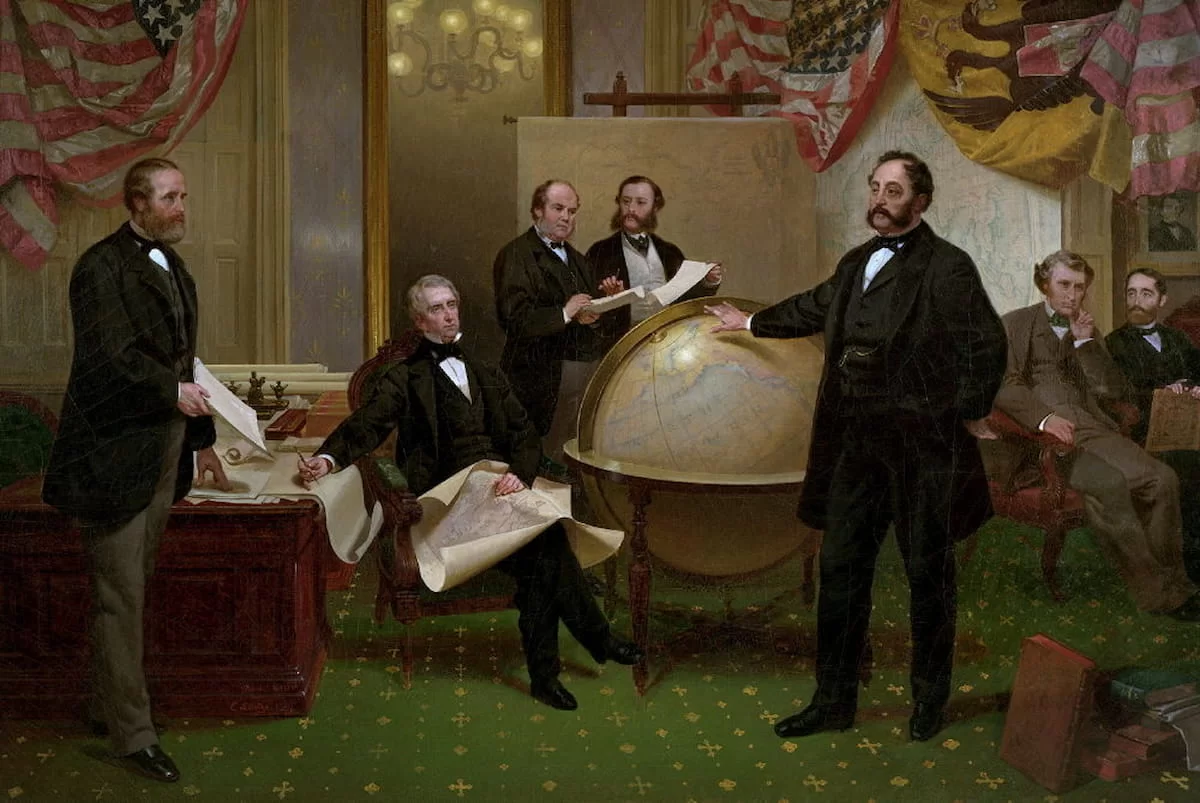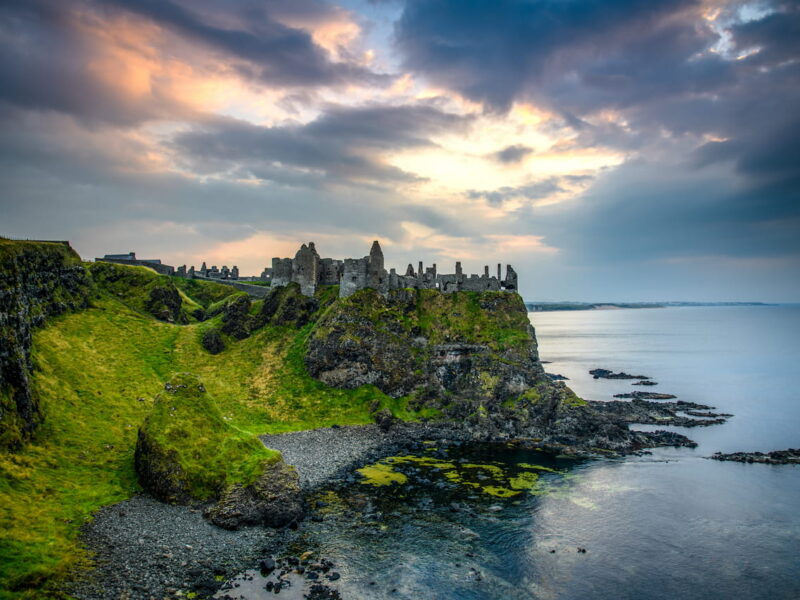There was a time when Alaska was Russian territory, something that barely leaves a trace today, except for some churches and a population that predominantly professes the Russian Orthodox religion.
In 1867, the Russians sold Alaska to the United States, considering it a better deal than letting it fall into British hands without receiving anything in return. At that time, Russia was facing serious financial difficulties, and the United States thought that the purchase could be a way to help the czar, who had been a good ally of the Union in the Civil War, while also pressuring the British for a future sale of Canada.
In the end, the deal was finalized for an amount of $7,200,000, and the transfer of sovereignty took place on October 18, 1867. That day was a Friday, but when the inhabitants of Alaska woke up the next day, it was still Friday due to the change from the Russian Julian calendar to the Western Gregorian calendar.
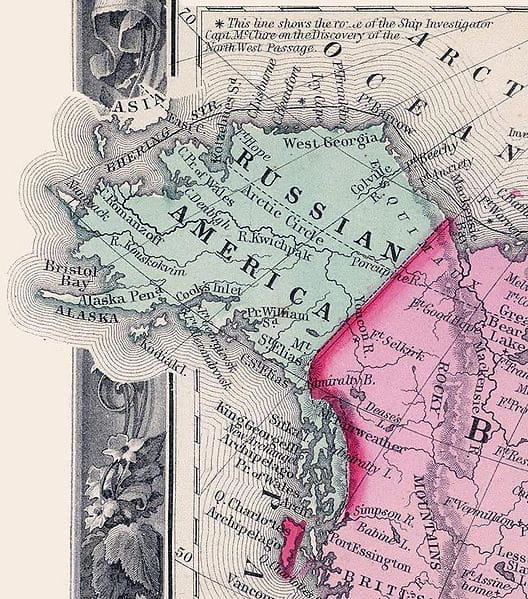
However, things could have been completely different. In 2015, a German newspaper, Welt am Sonntag, published an interesting article claiming that before opting for the Americans, the Russian czar Alexander II had offered Alaska (which was not called Alaska at that time but simply Russian territory in North America) to Liechtenstein. Once the Prince of Liechtenstein rejected it, it was then offered to the United States.
What evidence is there that this really happened? In November 2018, a documentary aired by Swiss public television SRF reiterated the fact and caused a stir in the small Central European country. The Prince of Liechtenstein, Hans-Adam II, had to address the issue. To everyone’s surprise, he confirmed it. The possibility of acquiring Alaska was a matter discussed within the royal family, although no documents have been found in the archives.
Liechtenstein, situated between Austria and Switzerland, is the sixth smallest country in the world, with just 37,000 inhabitants, no airport, and no highways. Ruled by princes since 1719 as a constitutional monarchy, it is so small that on the national holiday, they invite all residents to a cocktail party in the garden of Vaduz Castle, the official princely residence.
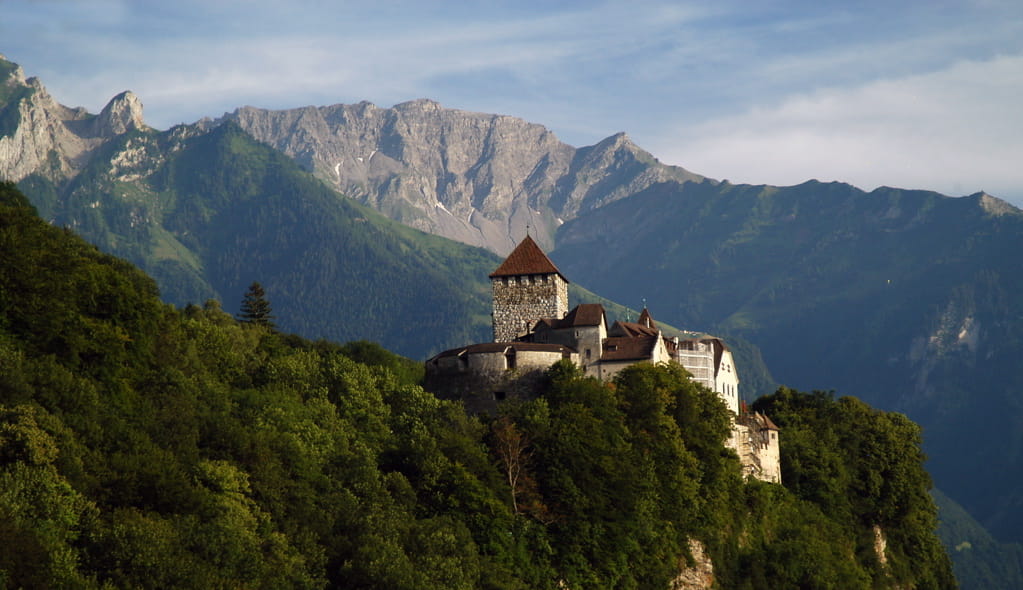
What motive could the Prince of Liechtenstein have had for rejecting such a tempting offer as Alaska? It seems that at that time, he did not see any value in the territory, except for the furs traded by the Russians.
But probably, the remoteness, the impossibility of defending a territory at that distance with the limited resources available in the principality, and the inevitable dependence on other countries with access to the sea for contact and transportation also played a role.
According to a letter sent by Prince Hans-Adam II to the country’s press, his family later regretted not accepting the purchase offer, considering the gold deposits found shortly after the U.S. acquisition. He writes that some members of the royal family believed that the development of Alaska would have been very difficult given the great distance and the harshness of the climate.
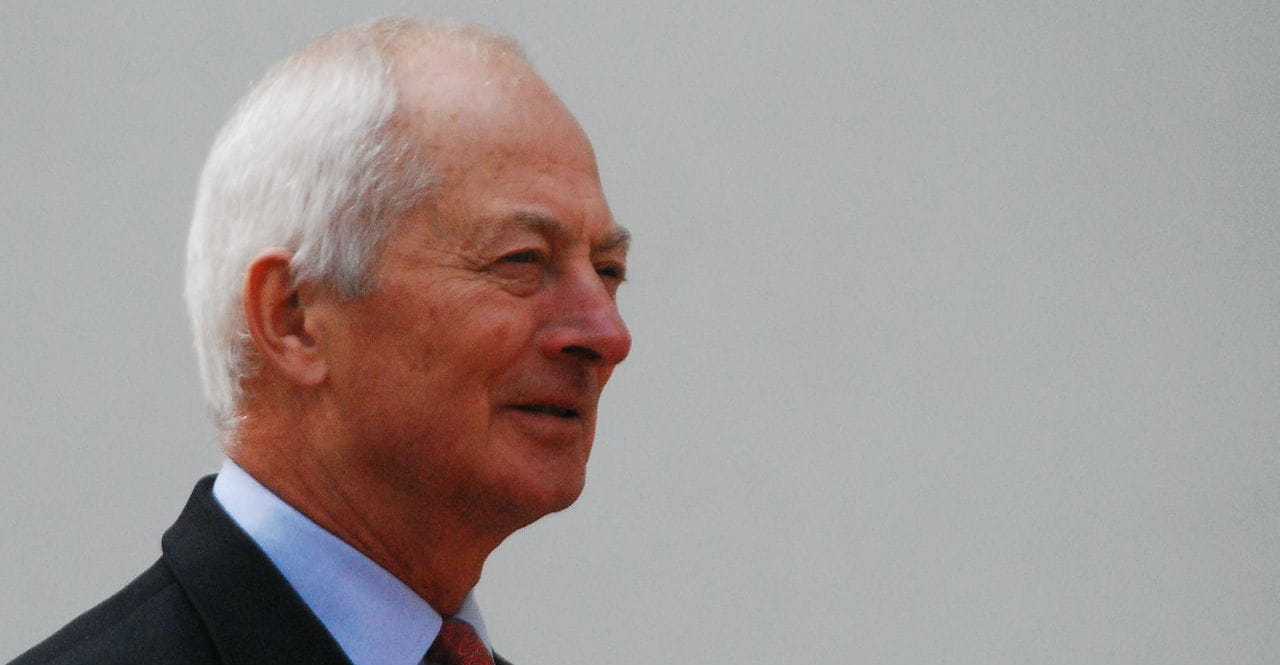
As for the offer itself, he indicates that at that time, Prince Franz (of Liechtenstein) maintained very good relations with the czar, was extremely wealthy, and spoke Russian, making him the ideal candidate for the sale of Alaska.
Regarding the lack of documents on the matter, Hans-Adam II believes that it is because the offer was made only orally and was not officially recorded anywhere.
Or, the documents, if they existed, may have been lost when part of the family archive was sent to Moscow by Soviet troops after World War II.
This article was first published on our Spanish Edition on June 24, 2019. Puedes leer la versión en español en Cuando Liechtenstein pudo comprar Alaska
Sources
Welt am Sonntag | Liechtensteiner Vaterland | Liechtensteiner Volksblatt
Discover more from LBV Magazine English Edition
Subscribe to get the latest posts sent to your email.

